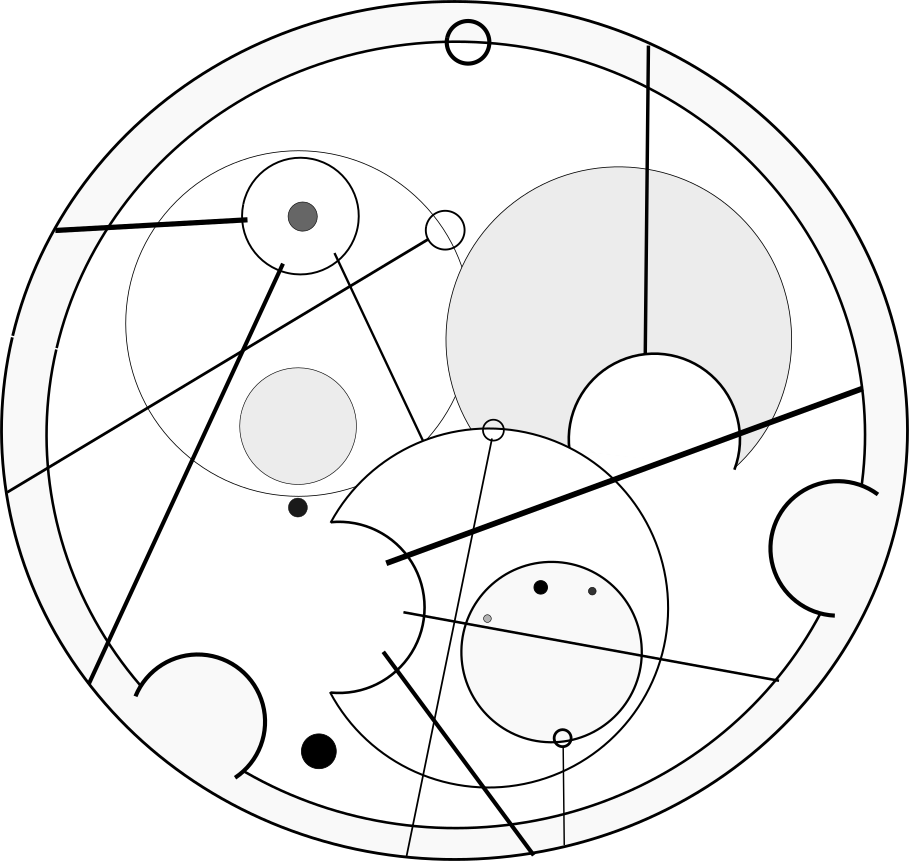
Luisa G. Jaime
Astrophysicist
I studied Physics at the Faculty of Sciences of the National Autonomous University of Mexico (UNAM). My thesis was a dissertation about the mass ratio of gas and stars in extragalactic HII regions. My Master was in Astronomy at the Astronomy Institute at UNAM, we were working on exoplanets in binary stellar systems. My PhD thesis was about astrophysical systems in f(R) gravity.
My first postdoc was at the Institute for Theoretical Physics of the University of Heidelberg with the cosmology group. I am currently a teacher of Relativity at the faculty of Sciences at UNAM.
INTERESTS
Despite the apparent success of the ΛCDM paradigm, several theoretical and epistemological arguments have been put forward as objections against such a simple model of the Universe. The discomfort that Λ has produced in the spirit of some people has led to consider more complicated alternatives, which, is fair to say, none of them is regarded today as a more serious candidate for dark energy (DE) than the cosmological constant Λ. Among these alternatives are the so-called modified theories of gravity (MTG) as opposed to general relativity. It is fair to say, none of them is regarded today as a more serious candidate for dark energy (DE) than the cosmological constant Λ.
The main interest in my research is gravitation, in particular, astrophysical systems where predictions of alternative models can be tested with current observations and also the theoretical analysis that provide such predictions. I dedicate my research, mostly, to the study of modifications of gravity, in particular, the ones coming from geometric modifications like f (R) and additions to higher orders of the curvature invariants into the action, within this frame we have made a proposal that can provides inflation and late-time acceleration. Given that we are performing modifications into the field equations, the consequences of such changes will impact every astrophysical system. We propose to study their consequences in inflation, late-time cosmology, stars, and black holes.
I am also interested in habitability and evolution of planets in binary stellar systems. We have found dinamically stable zones for aroun 160 binaries and we tested all of them in order to explore the habitability zones. We combined both criteria and found potential zones for habitable planents in S or P orbits.
